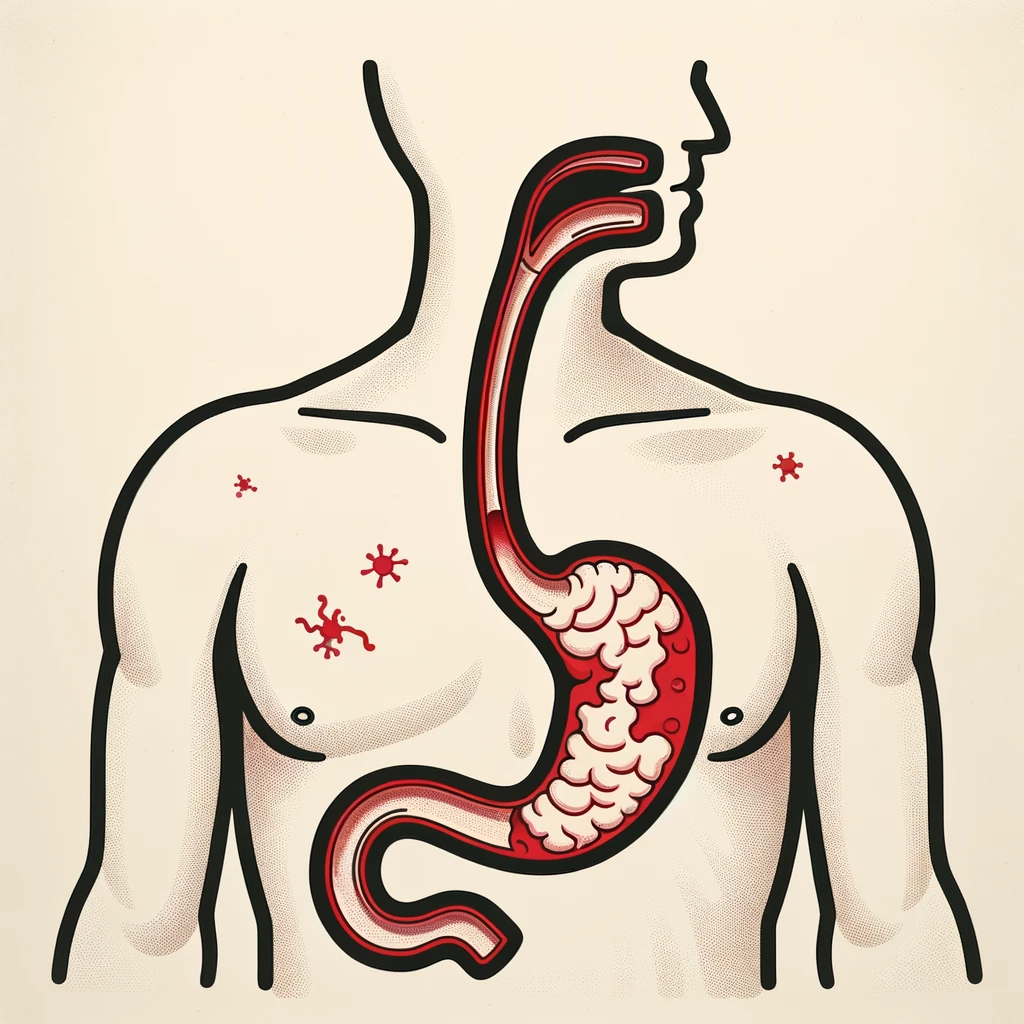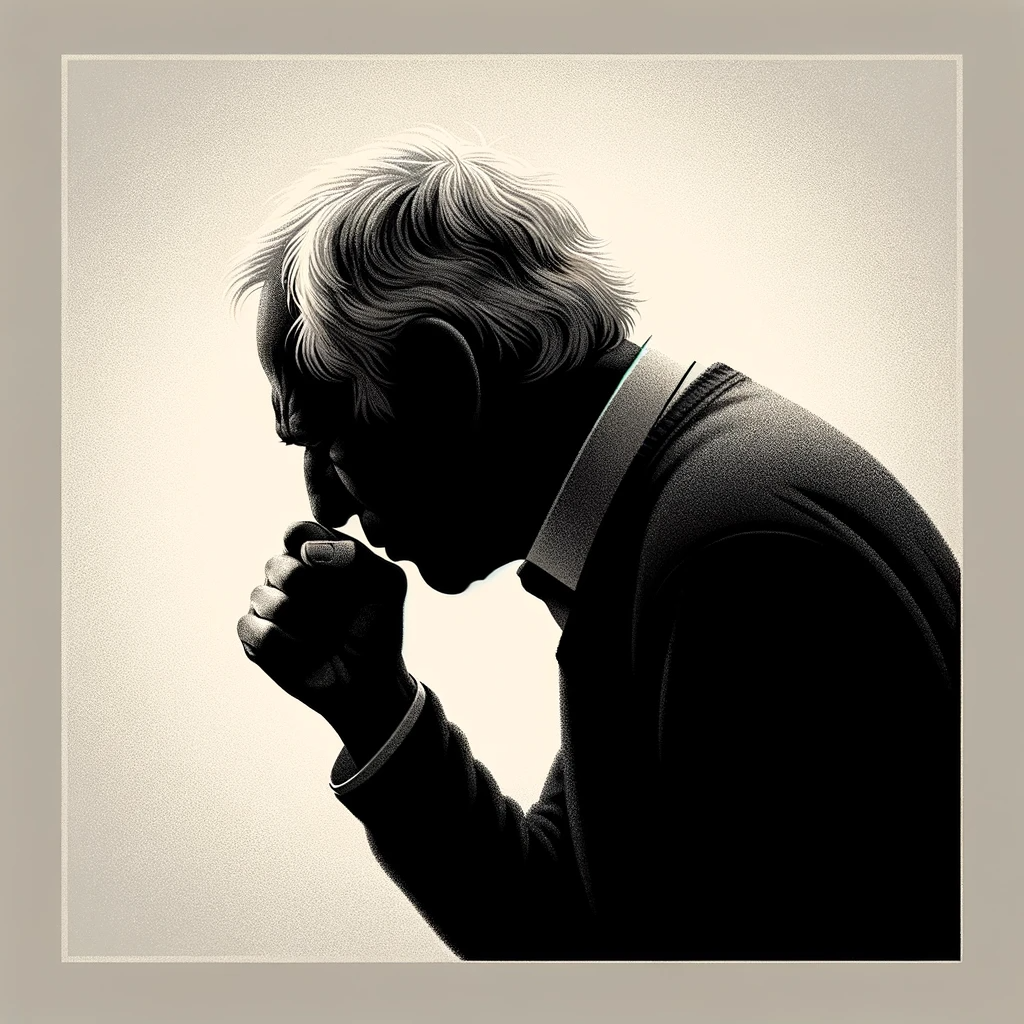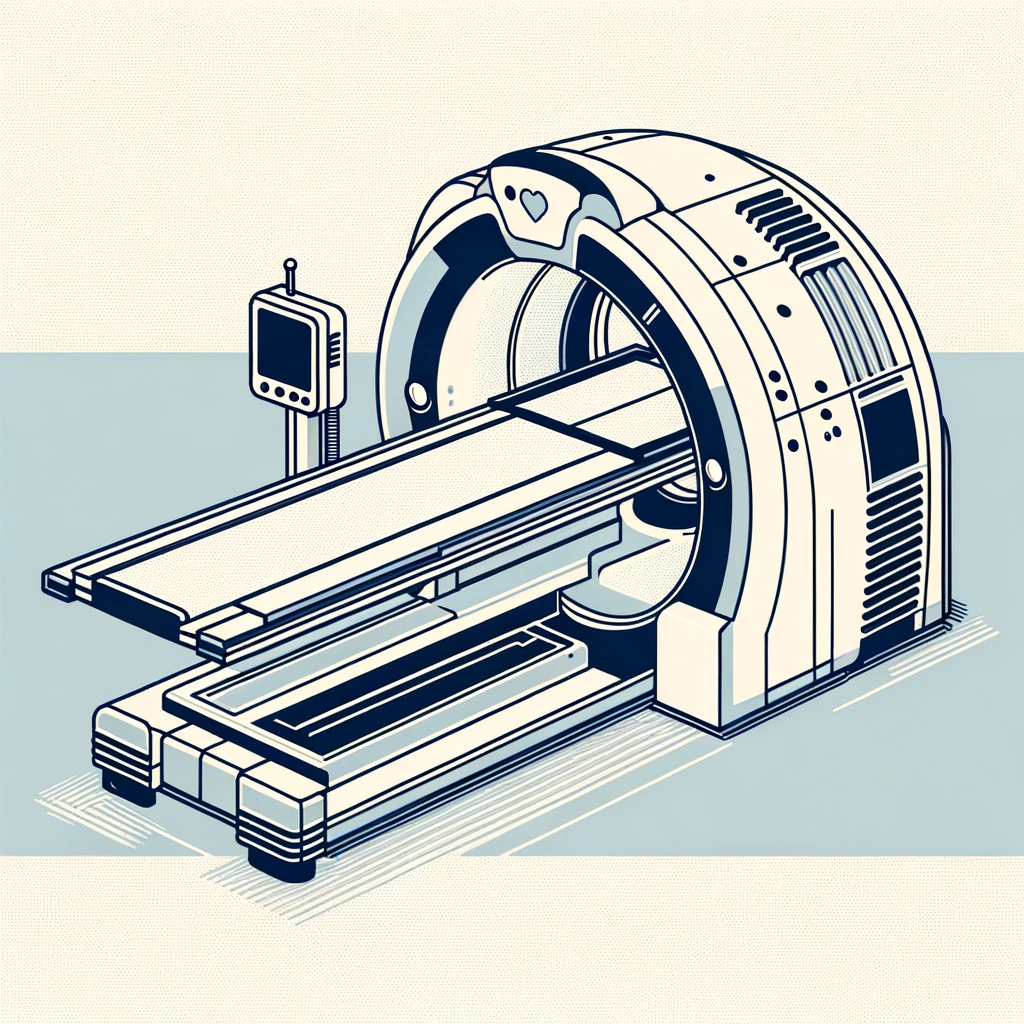Symptoms and Treatment of Oesophageal Cancer

Oesophageal Cancer in India
Oesophageal cancer is relatively common in India, with an estimated incidence of 28,000 new cases per year. In fact, it is the sixth most common cancer in India, accounting for approximately 4.6% of all cancer cases.
It is the 5th most common cancer in males and 6th most common cancer in females. The incidence also varies by region in India, with higher rates observed in the northeastern states, such as Mizoram and Nagaland.
The incidence of Oesophageal cancer in India is believed to be related to a number of factors, including high rates of tobacco use, alcohol consumption, and poor nutrition.
Risk factors

Oesophageal cancer is a disease that can affect anyone, but there are certain risk factors that can increase the likelihood of developing the disease.
Understanding these risk factors and being aware of the signs and symptoms of oesophageal cancer can help with early detection and prompt treatment, which can improve the chances of successful outcomes.
Some of the common risk factors for oesophageal cancer include:
1. Tobacco use: Smoking or using other tobacco products can increase the risk of developing oesophageal cancer. The risk is higher for heavy smokers and those who have smoked for a long time.
2. Alcohol consumption: Drinking alcohol, especially in excess, can increase the risk of developing oesophageal cancer. The risk is higher for heavy drinkers.
3. Gastroesophageal reflux disease (GERD): Chronic acid reflux, which causes irritation and inflammation of the Oesophagus, can increase the risk of developing oesophageal
cancer.
4. Barrett’s Oesophagus: This is a condition in which the cells lining the oesophagus are damaged, usually by acid reflux. People with Barrett’s oesophagus have an increased risk of developing oesophageal cancer.
5. Obesity: Being overweight or obese can increase the risk of developing oesophageal cancer.
6. Age and gender: Esophageal cancer is more common in men than in women, and the risk increases with age.

Signs and Symptoms
Some of the common signs and symptoms of oesophageal cancer include:
1. Difficulty swallowing (dysphagia)
2. Chest pain or discomfort
3. Unintentional weight loss
4. Persistent heartburn or acid reflux
5. Hoarseness or coughing
6. Vomiting, sometimes with blood
7. Fatigue or weakness
If you experience any of these symptoms, it is important to consult with a healthcare provider for a proper diagnosis and prompt treatment. Early detection and treatment can improve the chances of successful outcomes for oesophageal cancer.

WhatsApp and book a Consultation.
If you are experiencing the mentioned signs and symptoms, we urge you to take prompt action. To schedule an online consultation, please reach out to us via WhatsApp. You have the option to click on the 'Book Consultation' link or directly message us at +91 82177 51382 for immediate assistance.
Diagnosis and Treatment
Diagnosis of Oesophageal cancer typically involves a combination of imaging tests, such as a CT or a PET CT scan plus an endoscopy, and a biopsy, in which a small tissue sample is taken from the oesophagus and examined under a microscope.
Treatment options for oesophageal cancer depend on the stage of the disease and the patient’s overall health. Surgery is often the first-line treatment for early-stage cancer, while radiation therapy and chemotherapy may be used in combination with surgery for more advanced disease.
Palliative care, which aims to relieve symptoms and improve quality of life, may also be an important part of treatment for patients with advanced cancer.

Hope is a good thing.

Oesophageal cancer is a serious and potentially life threatening disease that requires prompt diagnosis and treatment. If you or a loved one has been diagnosed with oesophageal cancer, it is important to find a reliable and experienced service provider who can offer comprehensive care and support throughout your journey.
We understand the challenges that come with a cancer diagnosis, and we are committed to providing our patients with the highest quality care in a compassionate and supportive environment.
Our team of highly skilled and experienced healthcare professionals includes surgeons, gastroenterologists, oncologists, radiologists, and other specialists who work together to develop individualised treatment plans based on each patient’s unique needs.